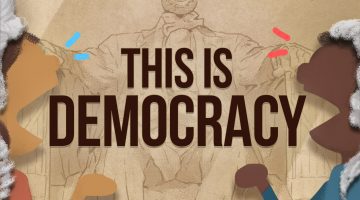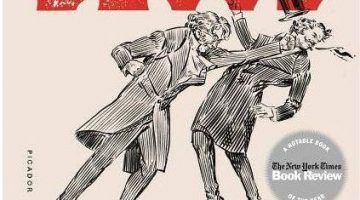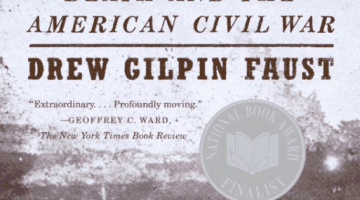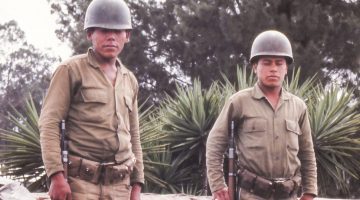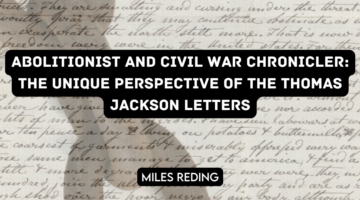
Thomas Jackson’s story has been largely untold, but the record he left behind demands historical analysis. His erudite letters have much to contribute to our understanding of the abolitionist movement, the evolution of attitudes to race, and everyday experiences of the U.S. Civil War. Jackson’s status as a British immigrant also provides us with an […]
